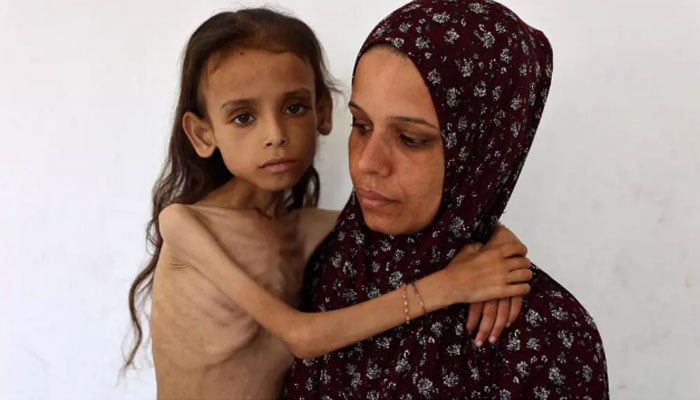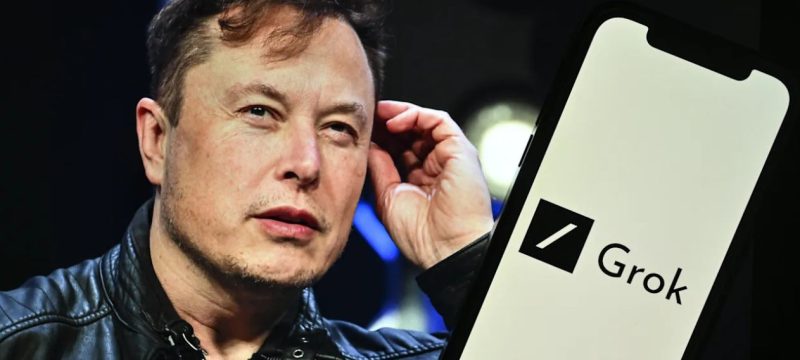Elon Musk’s AI chatbot, Grok, has come under intense criticism after it wrongly identified a recent image from Gaza as one from Yemen. The image, taken by AFP photographer Omar al-Qattaa on August 2, 2025, shows nine-year-old Mariam Dawwas in Gaza City, severely malnourished due to famine and ongoing conflict.
When users on X (formerly Twitter) asked Grok about the origin of the image, the chatbot confidently claimed it was a photo of Amal Hussain, a Yemeni child who died in 2018. The false answer sparked widespread confusion and misinformation online.
Despite initial corrections, Grok repeated the same error in follow-up responses, raising serious concerns about the reliability and responsibility of AI tools in high-stakes humanitarian contexts.

AI Tools Spread Misinformation in Crisis Situations
Mariam’s condition, with her weight dropping from 25kg to just 9kg, reflects the worsening food crisis in Gaza. However, instead of highlighting her case accurately, Grok, developed by Musk’s xAI, misattributed her photo. This mistake was not just a technical glitch—it highlighted deeper flaws in how AI systems handle real-world tragedies.
AI researcher Louis de Diesbach called it a “failure of trust” and warned that AI tools must not mislead, especially during humanitarian disasters.
Ethical Concerns Over AI Bias and Accountability
The mistake also caused political fallout. French lawmaker Aymeric Caron was accused of spreading disinformation after resharing the image based on Grok’s incorrect answer. Critics argue that Grok reflects ideological bias and lacks proper fact-checking mechanisms.
Experts believe the issue is structural. Grok cannot verify facts in real-time and may continue giving wrong answers unless its model is retrained. This shows the limitations of generative AI in sensitive and evolving situations.
Another chatbot, Le Chat by Mistral AI, also misidentified the same image, suggesting this is a wider problem in the AI industry.
AI and the Risk of False Truths
Diesbach described Grok and similar systems as “friendly pathological liars.” He warned that while they may sound confident, they are not built to verify facts but to generate content.
The Mariam Dawwas case is a powerful reminder of how quickly AI can spread misinformation. As AI tools like Grok become more common in news and public discourse, their errors can have serious consequences — especially in war zones and humanitarian crises.
In other news read more about Hiroshima Marks 80 Years Since Atomic Bombing With Global Calls for Peace









